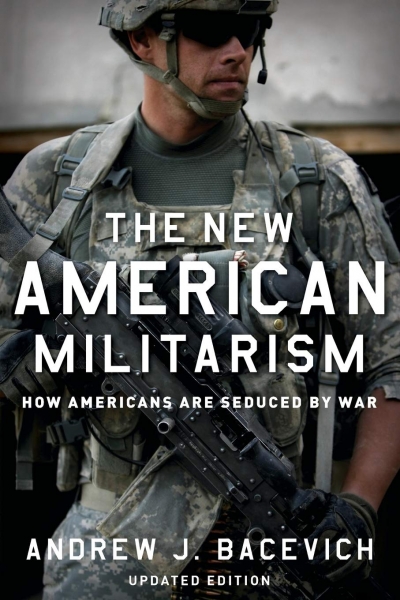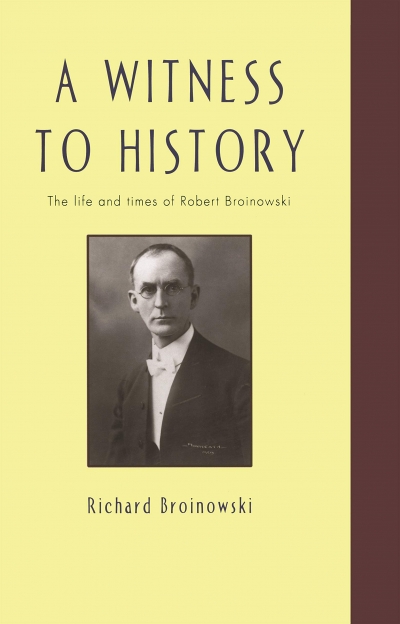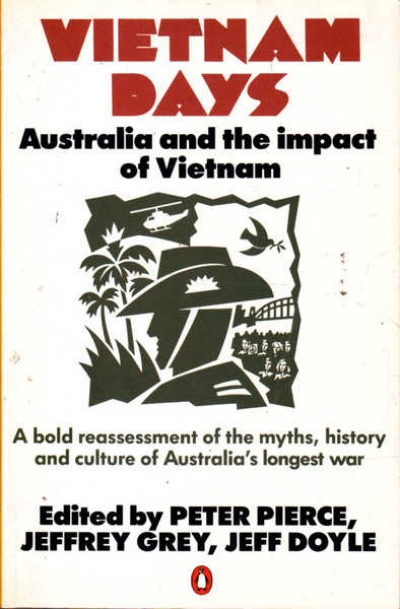Richard Broinowski
The New American Militarism by Andrew J. Bacevich & Unintended Consequences by Kenneth J. Hagan and Ian J. Bickerton
by Richard Broinowski •
A Witness to History: The life and times of Robert Arthur Broinowski by Richard Broinowski
by John Button •
Vietnam Days: Australia and the impact of Vietnam by Peter Pierce, Jeffrey Grey, and Jeff Doyle
by Richard Broinowski •



